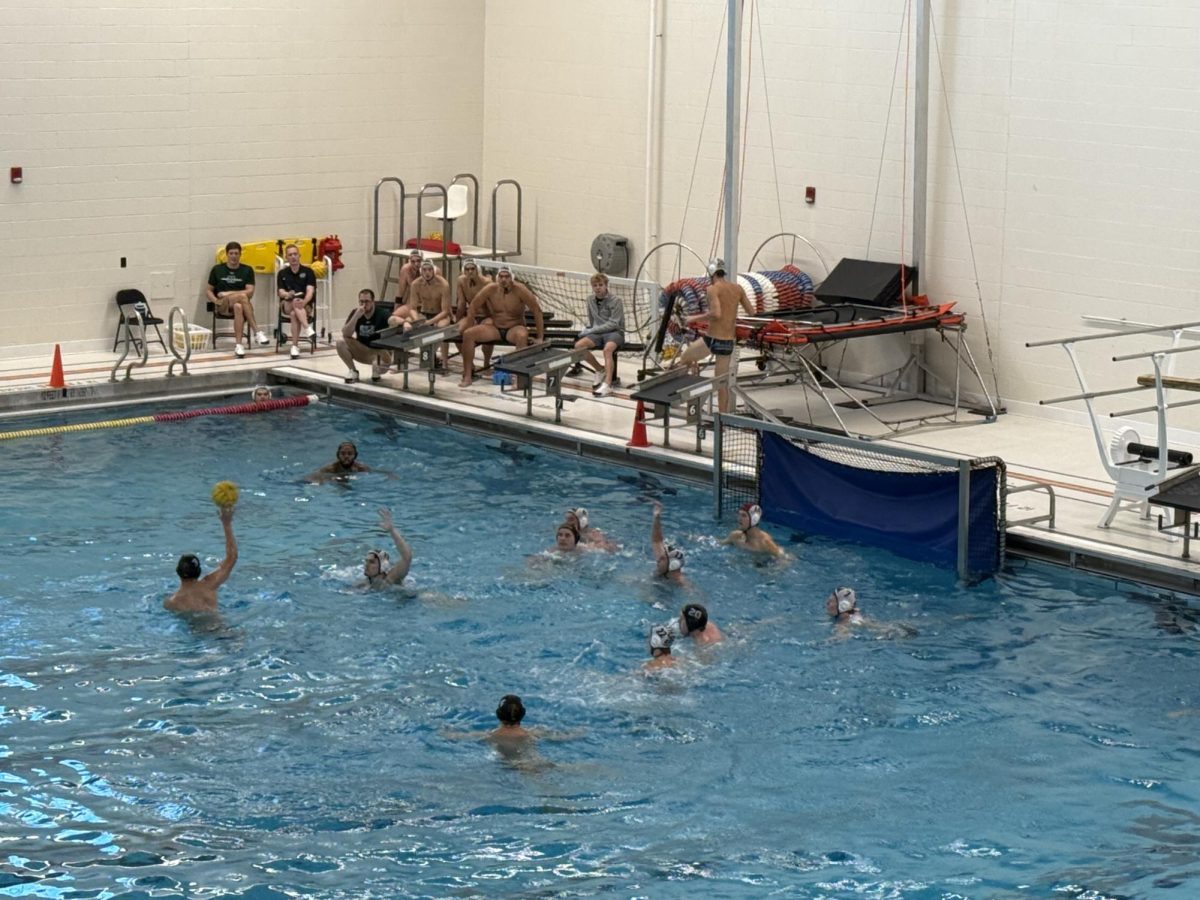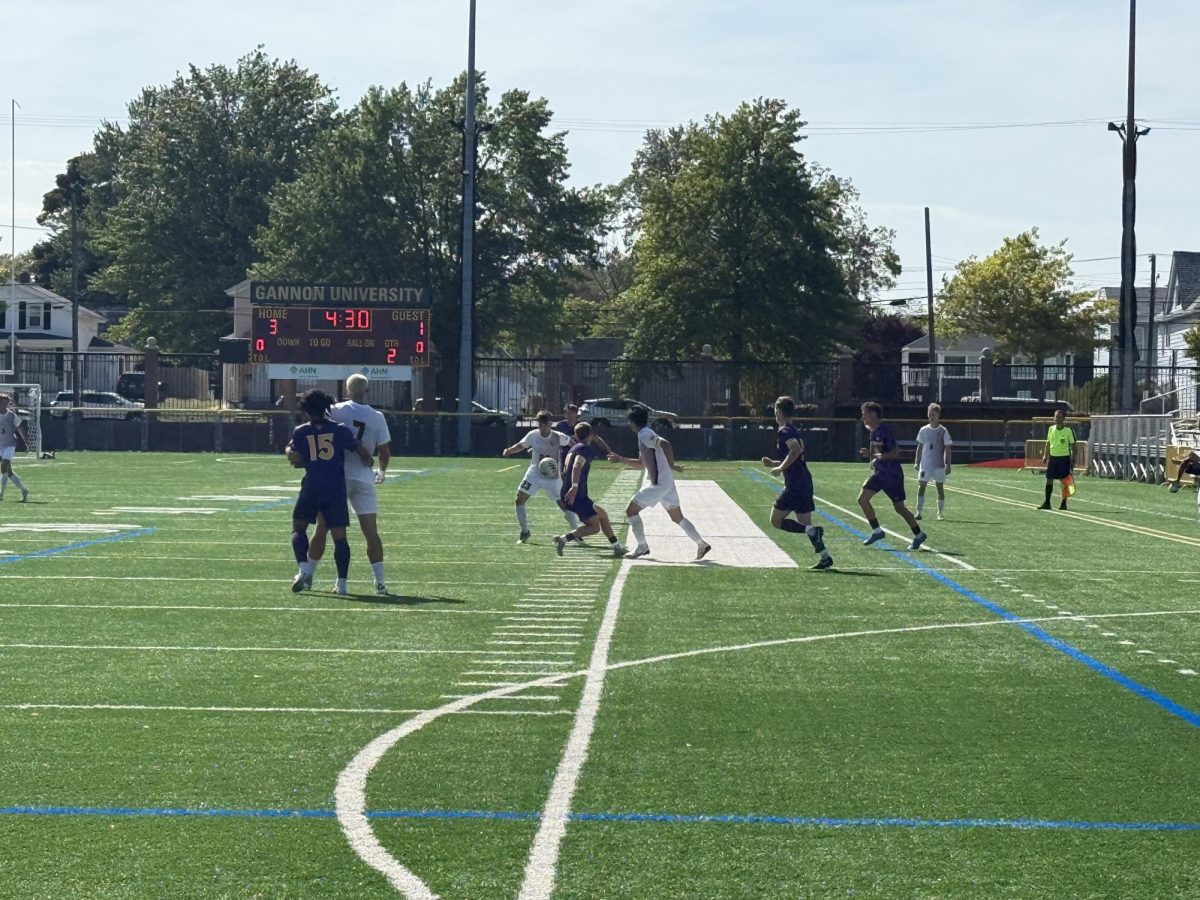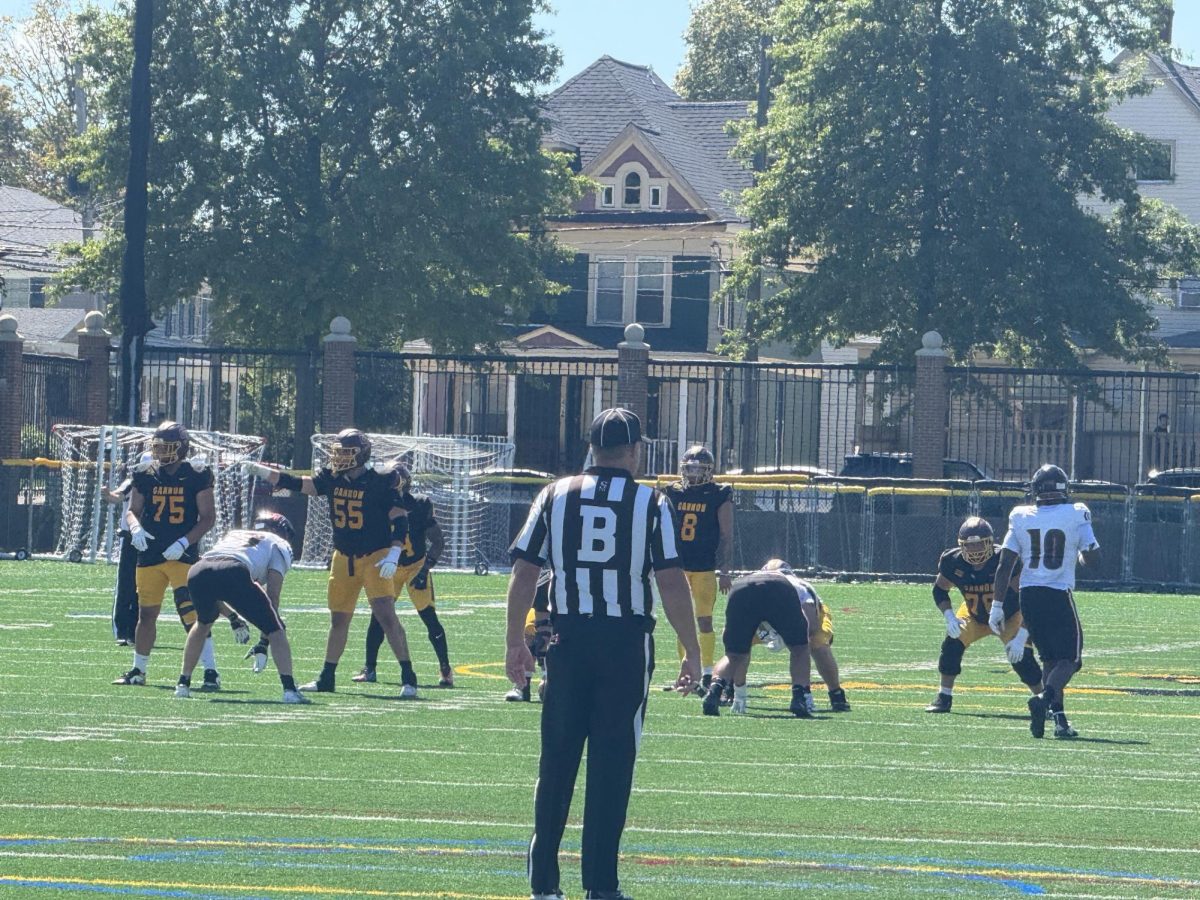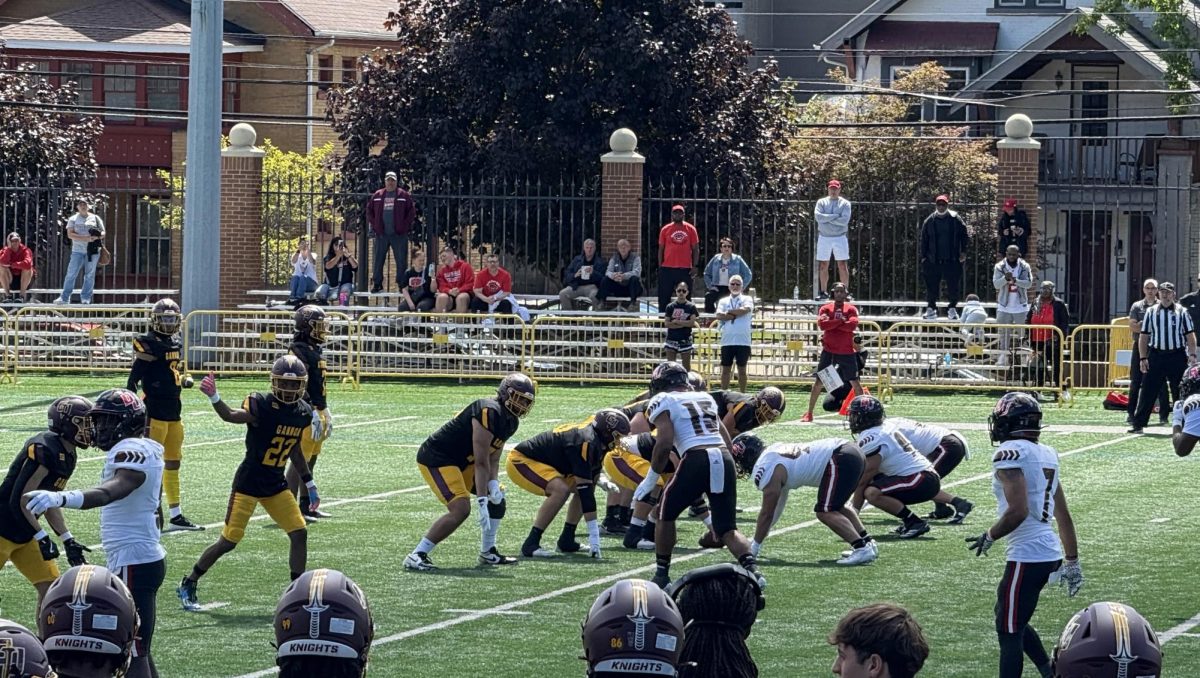Consider one broken collarbone, an eight-game suspension and a couple of one-game suspensions to be enough damage from Friday’s Dodgers-Padres brawl. Let’s not make baseball’s credibility another casualty by being overzealous in disciplining just one-half of the responsible parties involved in the first donnybrook of the season.
When Los Angeles’ Zack Greinke nailed San Diego’s Carlos Quentin in the sixth inning of Friday’s game, Quentin glared at Greinke, who barked back at Quentin, who in turn gained a head of steam toward the mound.
Greinke, who signed a $147 million contract before this season with the Dodgers, decided to take the brunt of a forearm shiver courtesy of the 240-pound Quentin.
The collision resulted in Greinke suffering a broken collarbone (he is expected to be sidelined at least eight weeks) and cries for Major League Baseball to make Quentin an example and issue a historically harsh suspension.
Should Quentin have charged the mound? No. Anyone can tell you that being hit by a 3-2 pitch in a one-run game should all but eliminate any thoughts he may have had about Greinke harboring bad intentions.
But for as out-of-line as it was for Quentin to charge the mound, it was equally as dumb for Greinke to think he’s Jim Brown. It was unfortunate that he broke his collarbone when he collided with Quentin, but such can be the result of an altercation.
Quentin didn’t kick, he didn’t pull Greinke’s hair or poke his eyes; he just took advantage of the 50 pounds he has Greinke by plowing into him, as any smart fighter would.
Is that fair? Nope. That’s why he was suspended eight games, the top-end length according to historical precedent: Major League Baseball has been consistent in handing down suspensions of four to eight games for similar transgressions.
So when Dodgers manager Don Mattingly says that Quentin should be suspended much longer than anyone else just because his guy will miss more time, he’s on another planet.
We shouldn’t be trying to re-invent the wheel, or something just as old in fisticuffs.
It seems like each time a bench-clearing brawl erupts, the next day TV baseball “experts” try to show us the proper etiquette of charging the mound and how it was violated, as if you’re concerned about protocol when you’re vein-in-the-temple irate. At that point, if you knew of any “rules,” you wouldn’t be thinking about them and even if you were, you’d want to break them.
That’s the point of fights, particularly in baseball, where they don’t just ensue after every hit batter. Baseball players aren’t fighting just to keep up appearances like in hockey. When a hitter charges after the pitcher, it means something has been brewing for a while — Greinke had previously hit Quentin twice— and is ready to boil over as soon as he reaches the mound.
It’s why these things just don’t blow over and go away, and why this one likely won’t as well unless the Dodgers let it go.






